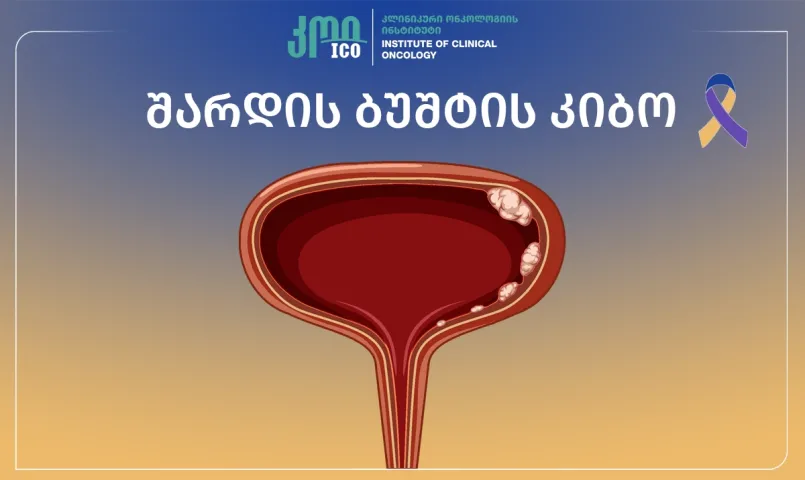Bladder cancer is becoming increasingly common in Western countries. In about 75-85% of cases, the cancer involves the lining of the bladder or its lower layer, which is the early stages of the disease. In the remaining 15-25% of cases, the tumor goes deeper and spreads to the muscle layer of the bladder, and sometimes to the lymph nodes.
The most common form of bladder cancer is transitional cell carcinoma, which accounts for about 90% of cases. Other types, such as squamous cell carcinoma and adenocarcinoma, are less common. The disease can be superficial (does not spread deep into the tissues) or infiltrative (deeply invades the bladder wall).
There can be several reasons, among them the most important are:
- Professional risks: People working in certain industrial sectors are particularly vulnerable. E.g., people involved in printing, aluminum smelting, or the chemical industries.
- Tobacco: This is one of the main risk factors. Bladder cancer is more common and more severe in smokers.
How is the disease manifested?
The most common symptom is blood in the urine. Sometimes it is visible by eye, and sometimes it is only detected by analysis. It is important that in any case of blood in the urine, cancer must be ruled out, even if other causes are suspected (e.g., stones, infection, etc.).
It may also be manifested with the following symptoms
- Frequent urination
- Burning during urination
- Weakening of urine stream
If these symptoms are present and the test does not show an infection, it is necessary to rule out cancer.
Individuals over the age of 50 who have a small amount of blood in their urine should still see a urologist. In 5-10% of people in this age group, this symptom may indicate bladder cancer.
Which examinations are required?
- Echoscopy (ultrasound) – initial and simple method;
- Computed Tomography (CT) – is used in more complicated cases
- Urine cytology - checks for cancer cells in the urine
- Cytoscopy - is the main diagnostic method. The doctor uses a special instrument to look inside the bladder.
What happens after diagnosis?
Accurate determination of the stage of the disease is crucially important. Treatment methods for superficial and deep (invasive) cancers differ significantly.
- Views:1365

















